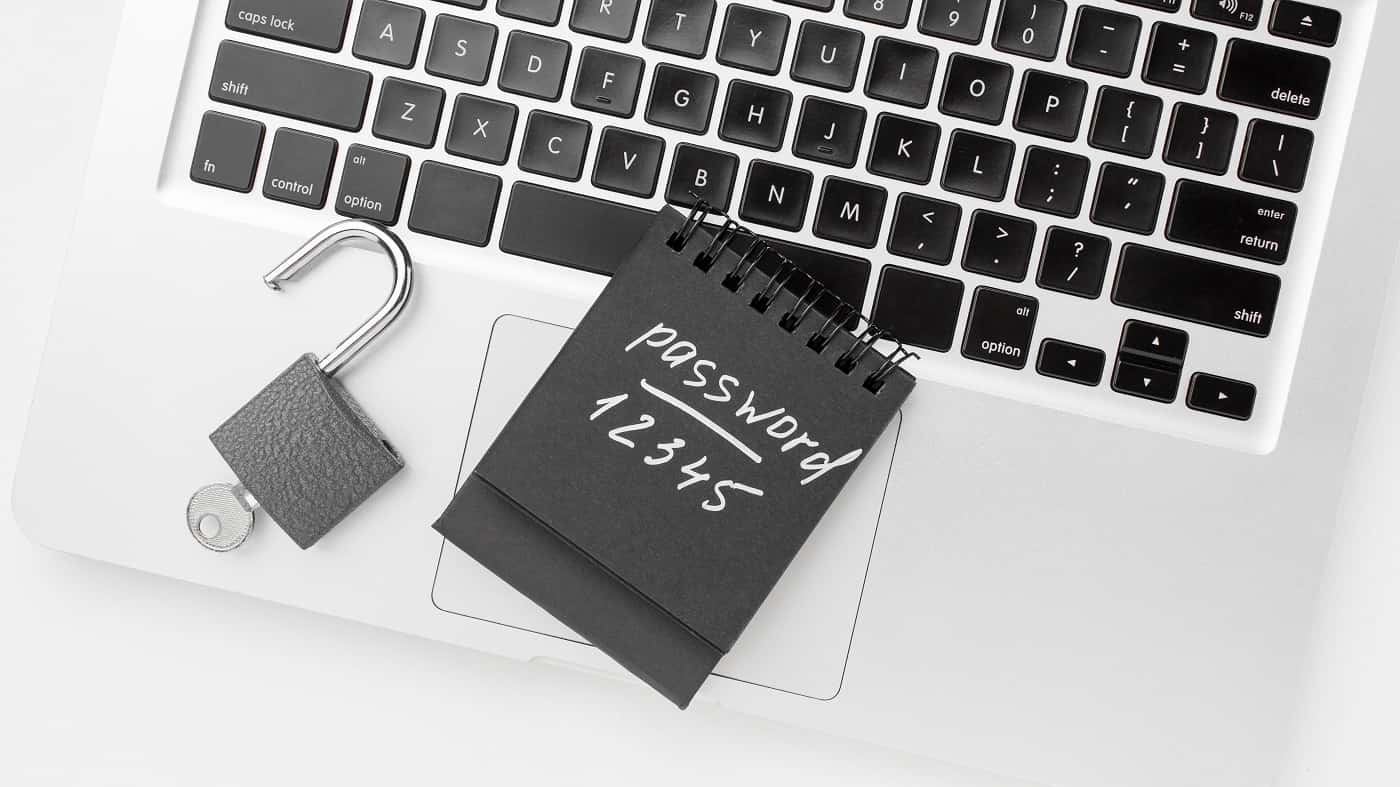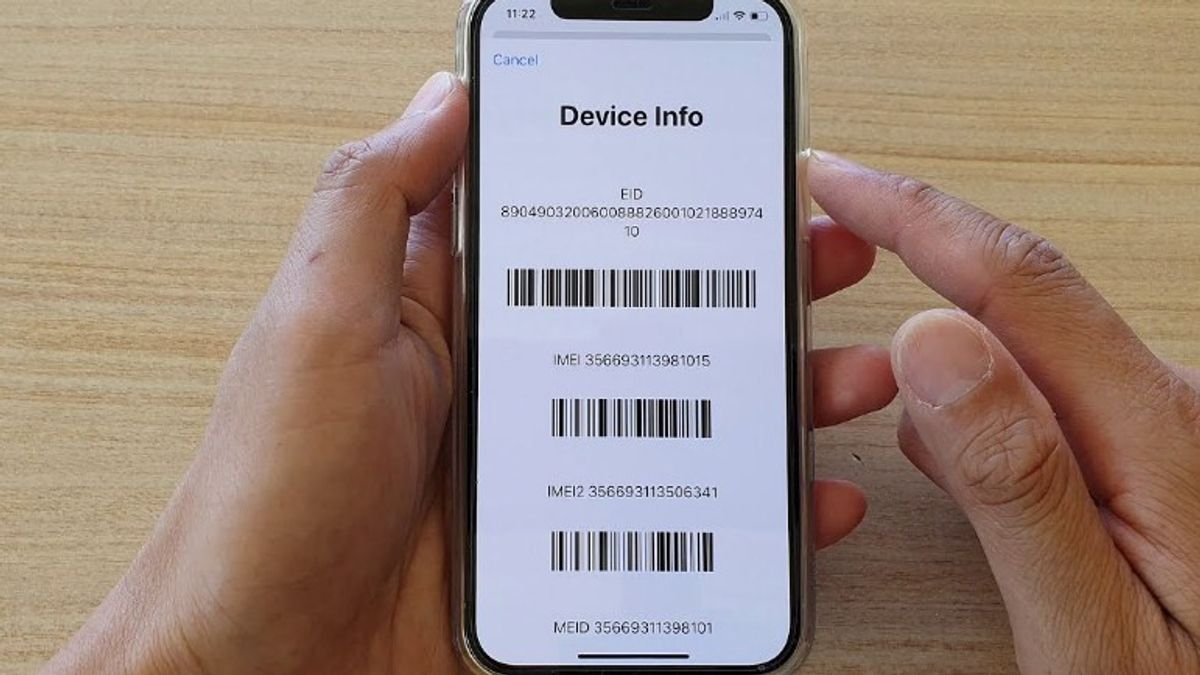More and more businesses and individuals are being targeted by a large number of calls from scammers claiming to represent Microsoft support. Callers claim to have detected an information security problem on the victim's computer, which they then ask the victim to open. These calls are scams and there is reason to believe they are made from spoofed phone numbers. We tell you here what the Microsoft call scam is , how to avoid being a victim of these calls and what to do if you receive them.
What is the Microsoft call scam?
The Microsoft Call Scam and other tech support scams have been going on since 2009. Unscrupulous cybercriminals have built a multi-billion dollar industry by preying on everyday consumers and PC users by posing as tech support. The reason they get away with it is because many people are unaware and uninformed.
Victims will receive a phone call or pop-up message that may appear on their computer to the Microsoft contact, at a number listed in the pop-up window. If you call that number, they will reply as " Microsoft support " or something similar. The intent is to appear as a real part of the real Microsoft Corporation. The bogus Microsoft employee indicates that your computer has been infected with a virus, for example, and offer to assist in fixing your computer.
“ Hello, we are calling from Microsoft Tech Support. Your computer is infected with a new dangerous virus… ”
Have you ever received a call like this? If you do, hang up immediately: Its Microsoft call scam.
They contact you by phone or through your PC. Fake tech support scammer will call you unexpectedly. The caller will be identified as an employee of a reputable company, such as Microsoft or Apple. They will usually tell you that they are highly certified experts.
What is the modus operandi of cybercriminals?
The tech support scammer will make up a problem or try to misrepresent the "problems" found on your PC. Or they will try to convince you that you are harming people, knowing that no one wants to negatively affect others. It is designed to scare you or activate your empathetic response. Even if you don't fully understand the mechanisms of a virus, malware , spyware , ransomware or scareware, you know you don't want one and you don't want to “infect” others.
The tech support scammer will trick you into downloading malware or downloading legitimate remote access software like TeamViewer . Tech support scammers will download malware directly onto your PC. They may also use fake “antivirus” or PC cleanup tools that give fake results to convince you that you have really serious problems with your PC.
The scammers then demand payment to clean up the fake errors. Once you are convinced that they belong to a legitimate company, that they are a certified expert, and that your PC has big problems, they offer you the “solution”: pay!
They will say you need their “safety” or “cleaning” product. The software is usually malware that will steal your data. Or just garbage that will cause more problems in the future. so they can contact you again with the Microsoft support call scam and some will even intimidate or threaten you to pay them.
Some criminals will ask you to give them remote access to your PC or laptop, and then use that access to get your personal data. Others get you to download a tool that they say is the “solution” to your problem, but is actually malware.
The other version is a simpler scam: they simply ask for money in exchange for lifetime 'protection' against malware they say is on your machine.
How to know that it is not Microsoft who is calling you?
Microsoft will never make an unsolicited phone call . On its website, the company says that any communication will always be initiated by you.
No legitimate IT security company, and not even Microsoft, will call you this. For one thing, they can't even tell that your PC is infected.
Scammers have your name out of the phone book or on any of the thousands of marketing lists where your data likely resides. They don't know anything about your home computer setup, they're just opportunities.
What can happen if you fall for the deception?
The feeling of being scammed is horrible, but it's important not to be hard on yourself. It can happen to anyone, and scammers are very adept at disguising themselves as legitimate.
While call scams are among the most basic out there, contacting you so directly means you can't prepare or look for anything before handing over information. Many people are used to giving their name when they introduce themselves to strangers, and this can be dangerous.
Your first action should be to change all personal data that can be changed. You cannot change your date of birth, or your name and address. But you can change all of your passwords and usernames, starting with your primary email account and any bank and credit card logins. Also, contact your bank to ask them to be on the lookout for any questionable movements.
Again, use up-to-date security software to scan and clean your PC, and if the scammer managed to get you to do something to your PC, using System Restore to revert your settings is always a good idea.
Scan your computer with Microsoft Security Scanner to find out if you have malware installed. Report the incident to the Microsoft Support Scam team.
Here are some of the things Microsoft will ask for when you report a scammer:
- Company name
- Caller name
- Company address
- Company phone number
- Company website
Do your best to collect as many as possible, and be sure to report as much as you can collect.
Never make a purchase from an incoming call. Many scammers try to use scare tactics to convince you. After they convince you of the danger to your computer (and information), they will try to sell you their product or service. There are many different scams out there, but they often try to sell you an extended warranty, virus removal, or any number of useful-sounding products.
As a general rule, if someone calls you and offers you a service for your computer, say no. You can contact a professional to have your computer tested for viruses or other problems.
And contact the police. If you've lost money, your credit card company or contents insurance may cover the loss.
What to do if you have received these false calls?
In case you receive one of these false calls, this is what you should do:
- Hang up the phone, rest assured that it is not a legitimate call.
- If you stay on the line, don't give out any personal information. Also, you should never consider giving bank details over the phone.
- If you've made it this far, we can only reiterate point number 1: Hang up the phone. But whatever you do, don't follow instructions to visit websites, download software, or change a setting on your PC.
- If possible, get the details of the caller. You should definitely report any instance of this scam.
- Lastly, change passwords and usernames that could plausibly have been compromised and run a scan with up-to-date security software. Next, make sure your firewall and antivirus are up to date and protecting your PC.
- Tell everyone. This scam takes advantage of people's insecurity due to lack of technological knowledge. It is very easy to be a victim and the best defense is to share knowledge.
Remove Microsoft Support Pop-up Scam
You will see Microsoft support scam pop-ups because your computer is infected with malware or a site you have visited has redirected you to a malicious site.
Disreputable sites may display malicious advertisements that redirect your browser to Microsoft support scam pop-ups in order to generate advertising revenue. If this happens, you can close the page and install a free browser extension like Adblock to block malicious ads.
However, if you continuously see pop-ups like Microsoft Support Scam pop-ups, it is possible that your computer is infected with malware and you should scan your device for adware and remove it.
Here are some typical signs that you have a malicious program installed on your computer:
- Ads appear in places where they shouldn't be.
- The home page of your web browser has mysteriously changed without your permission.
- The web pages you regularly visit are not displayed correctly.
- Website links redirect to different sites than you expected.
- Browser pop-ups recommending fake updates or other software.
- Other unwanted programs may be installed without your knowledge.
To remove the effects of the Microsoft scam , follow these steps:
- Uninstall malicious software from Windows. We will check if there is any malicious program installed on your computer. Sometimes browser hijackers or adware may have usable uninstall entries that can be used to remove them.
- Use Malwarebytes Free to remove Microsoft support pop-ups. We will install Malwarebytes to scan and remove any malicious programs that are responsible for the Microsoft Tech Support pop-ups. Malwarebytes Free is one of the most popular and widely used anti-malware programs for Windows, and for good reason. It is capable of destroying many types of malware that other programs tend to miss, at absolutely no cost to you. When it comes to cleaning an infected device, Malwarebytes has always been free and we recommend it as a must-have tool in the fight against malware.
- Use HitmanPro to scan for malware and unwanted programs. HitmanPro is a second opinion scanner that takes a unique cloud-based approach to malware scanning. HitmanPro scans the behavior of active files and also files in locations where malware normally resides for suspicious activity. If it finds a suspicious file that is not yet known, HitmanPro sends it to its clouds to be scanned by two of the best current antivirus engines, which are Bitdefender and Kaspersky.
- Double check for malware with AdwCleaner. AdwCleaner will search for other malicious programs or browser settings that may have been modified on your computer. It is a popular free on-demand scanner that can detect and remove malware that even the most popular antivirus and anti-malware applications cannot find.
- Eliminate Microsoft support pop-ups from your browser.
She has pursued her studies in The United States, where she has graduated in Business and Economics and is currently finishing her Master studies in International Economics and Finance. Miss. Amputee is fluent in three languages: English, Spanish and Russian and has elementary knowledge of French and Italian. She love exploring how Collaborative Research Group can become the best tool to achieve the (necessary) educational change. .
Leave a reply
Your email address will not be published. Required fields are marked *Recent post

Network Security Key: How To Find And Configure It?



